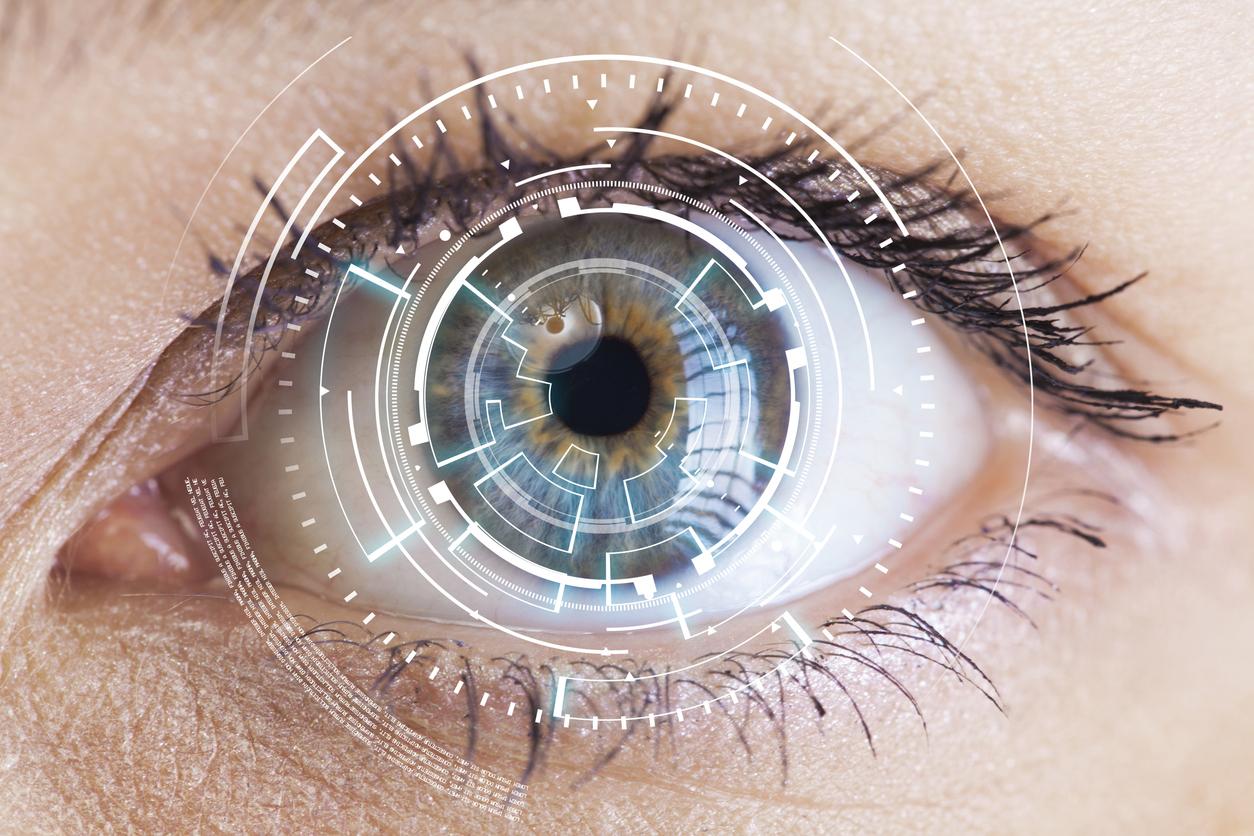Singing helps repair the linguistic brain network and rehabilitate speech production in patients who become aphasic after a stroke, according to a new study.

- It is estimated that 40% of people who have had a stroke have aphasia.
- Singing helps “repair” the brain’s structural language network that manages speech, according to a new study.
- Thus, singing can be considered a cost-effective complement to conventional forms of rehabilitation.
About 40% of people who have suffered a stroke have aphasia, a partial or complete loss of the ability to express themselves or understand language. This disorder persists more than a year after the attack for almost half of patients.
To promote speech recovery, you must sing. Researchers at the University of Helsinki have discovered that chanting repairs the structural language network damaged during stroke. The recently completed study was published in the journal in Euro.
Aphasia: singing improves language network connections
In work published in 2021, scientists from the Finnish establishment demonstrated that singing helped stroke victims regain the use of speech. But they were unable to discover the reason for this beneficial effect. This new experiment, which followed 54 aphasic patients and half of whom participated in a choir, allowed us to better understand the phenomenon.
Twenty-eight participants had an MRI scan at the beginning and end of the study. Those who had singing lessons for four months showed an increase in gray matter volume in the language regions of the left frontal lobe. An improvement in neuronal connectivity – particularly in the language network of the left hemisphere, but also in the right – was also observed.
“These positive changes were associated with better speech production in patients”specifies researcher Aleksi Sihvonen from the University of Helsinki. “For the first time, our results demonstrate that the rehabilitation of aphasic patients through singing is based on changes in neuroplasticity, that is to say the plasticity of the brain”adds the main author.

Stroke and singing: easy-to-implement rehabilitation
Faced with these positive results, the scientist and his team believe that singing can be an effective complement to the conventional rehabilitation program. It can also, according to them, serve as a rehabilitative activity for mild speech disorders in cases where access to other types of rehabilitation is limited.
Another advantage for aphasics who are likely to suffer from social isolation due to their language disorder: singing is fun, unifying and easy to access.
“Patients can also sing with their family members, and singing can be organized in care units as part of cost-effective group rehabilitation”explains Aleksi Sihvonen in a communicated.

















